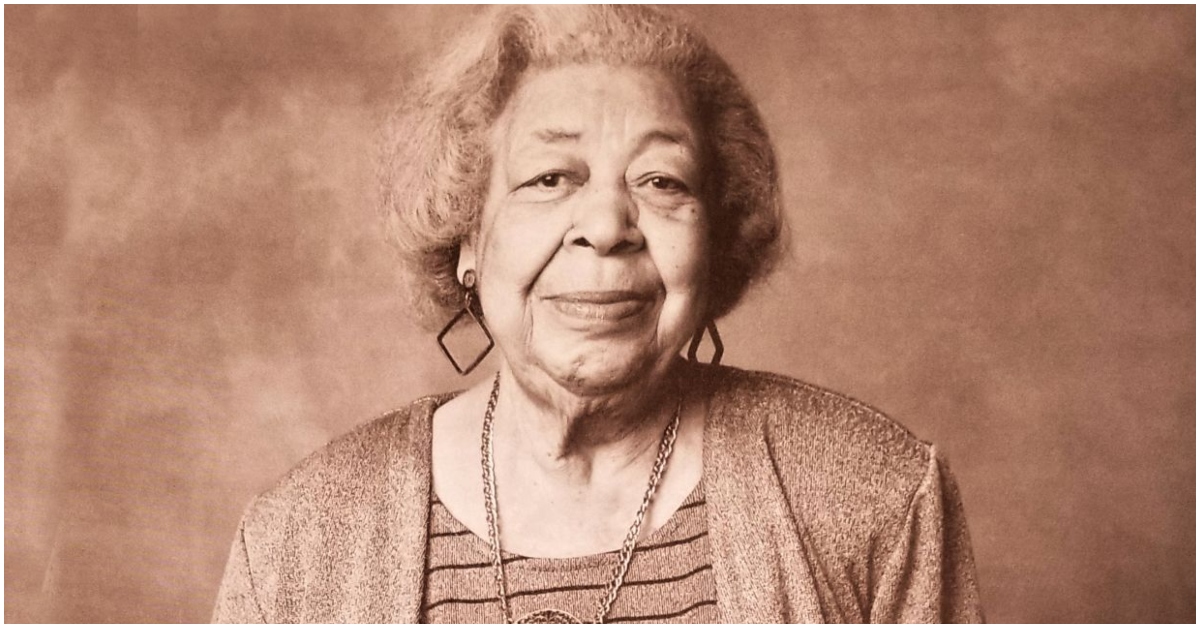Breaking Racial Barriers in Nursing Leadership
Mary Elizabeth Carnegie, a trailblazing figure in the nursing profession, had her name in history by becoming the first African American nurse to serve on the board of a state nursing association.
Her groundbreaking appointment to the Florida State Nurses Association (FSNA) Board of Directors in 1948 marked a significant milestone in the fight for racial equality within the nursing field.
A Pioneering Career in Nursing Education
Carnegie’s remarkable journey in nursing began with the establishment of the first baccalaureate nursing program in Virginia at Hampton Institute (now Hampton University) in 1943.
Her leadership and vision paved the way for future generations of nurses, particularly those from underrepresented communities.
“If I have done anything by taking a stand for racial equality in the nursing profession and making sure that black nurses are in the literature, having been left out for so long, I feel that I have fulfilled my purpose for having been in this World.”
Overcoming Segregation and Discrimination
In the face of segregation and discrimination, Carnegie’s determination and resilience were unwavering. During her tenure as the dean of the Florida A&M University School of Nursing from 1945 to 1953, she endured countless instances of discrimination, including being refused accommodations and meals at segregated hotels in Florida.
Before her groundbreaking appointment to the FSNA Board of Directors, Carnegie played a pivotal role in the Florida Association of Colored Graduate Nurses, serving as its president. Her efforts to challenge racial barriers in professional nursing organizations laid the foundation for increased representation and inclusivity.
Empowering Future Generations of Nurses
Carnegie’s legacy extends far beyond her professional accomplishments. In 1977, Hampton University established the Mary Elizabeth Carnegie Archives, the nation’s first repository dedicated to preserving the historical documents and contributions of nurses of color.
Throughout her illustrious career, Carnegie made significant contributions to nursing literature and research. She served as a senior editor for Nursing Outlook and became the first editor of Nursing Research.
Her seminal work, “The Path We Tread: Blacks in Nursing Worldwide 1854-1994,” shed light on the often-overlooked history of African American nurses.




